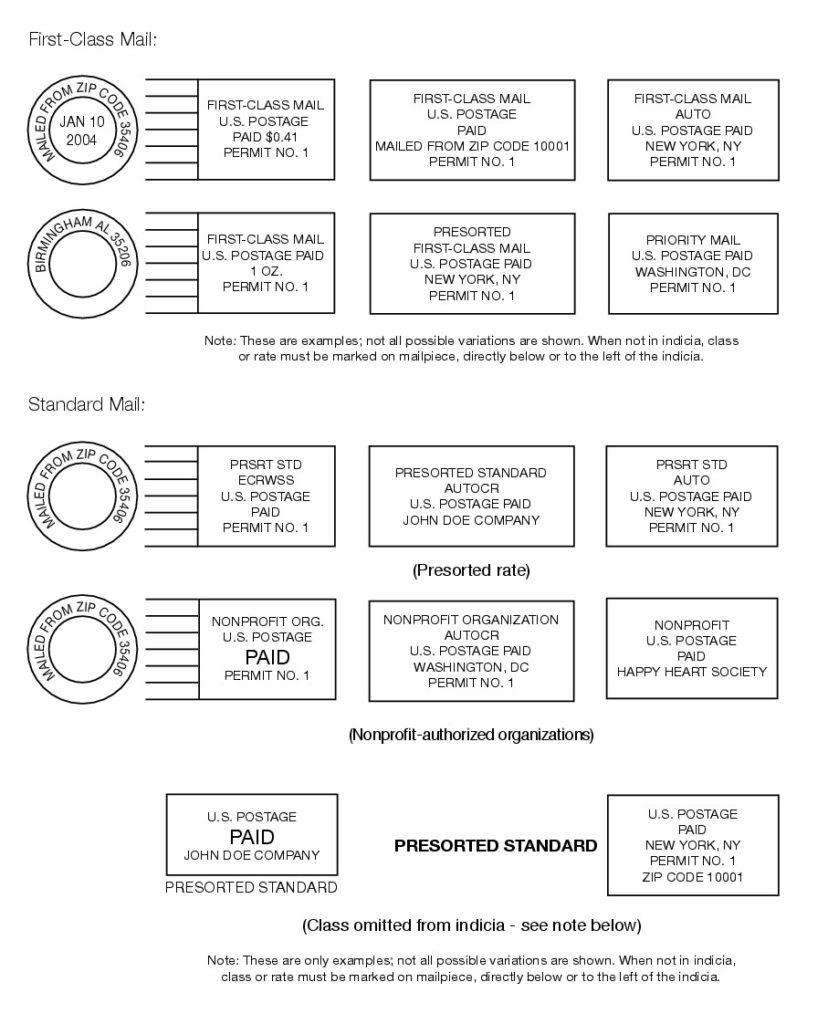In the fast-paced world of business, staying ahead of the competition requires not just implementing marketing strategies but also periodically assessing their effectiveness. This is where a marketing audit becomes invaluable. A marketing audit is a thorough review of your marketing plan, objectives, strategies, and current activities being executed in your business. The goal is to see what’s working and what isn’t, helping to identify opportunities for improvement and ensuring alignment with the overall business strategy.
Understanding Marketing Audits
A marketing audit is a comprehensive, systematic, independent, and periodic evaluation of a company’s marketing environment, objectives, strategies, and activities with a view to determine problem areas and opportunities and recommending a plan of action to improve the company’s marketing performance.
The audit covers all aspects of marketing, from internal marketing strategy to the company’s external environment and competitive landscape. It dives deep into the effectiveness of marketing strategies and tactics, including branding, pricing, and communication methods.
Why Conduct a Marketing Audit?
The primary reason for conducting a marketing audit is to pinpoint your marketing strategies’ strengths and weaknesses. It allows you to:
- Assess the effectiveness of your marketing strategies – Determine whether the current marketing strategies are achieving the goals they were designed to meet.
- Identify opportunities for improvement – By evaluating your marketing activities comprehensively, you can identify not only underperforming areas but also new opportunities for growth.
- Align marketing strategies with business objectives – Ensure that your marketing efforts are in line with the broader business goals and objectives.
- Optimize budget allocation – Identify which marketing activities are delivering the best return on investment, allowing for better allocation of resources.
Key Components of a Marketing Audit
A thorough marketing audit will cover several key areas:
- Marketing Environment Audit – Assesses external environmental factors such as market trends, competitor analysis, and macroeconomic conditions.
- Marketing Strategy Audit – Examines the alignment of marketing strategies with the business’s objectives and the effectiveness of those strategies.
- Marketing Organization Audit – Evaluates the structure of the marketing department, including roles, responsibilities, and processes.
- Marketing Systems Audit – Reviews the systems in place for monitoring and analyzing marketing performance.
- Marketing Productivity Audit – Analyzes the profitability of different marketing activities and the overall cost-effectiveness of the marketing department.
- Marketing Function Audit – Looks at specific marketing functions such as sales force, advertising, sales promotions, and public relations.
Conducting a Marketing Audit
The process of conducting a marketing audit involves several steps:
- Prepare: Define the scope of the audit and gather the necessary resources and data.
- Collect Data: Gather comprehensive information on the current marketing strategies and operations.
- Analyze: Evaluate the data to identify strengths, weaknesses, opportunities, and threats.
- Report: Compile the findings into a detailed report that outlines the current state of the marketing strategies.
- Recommendations: Provide actionable recommendations based on the audit’s findings to improve marketing effectiveness.
If you aren’t sure if a marketing audit is right for your business, you can take a 4-minute quiz here. The quiz will tell you if you should conduct a marketing audit.
A marketing audit is not a one-time activity but a critical part of an ongoing strategy to improve marketing effectiveness. Regular audits help ensure that a company remains on the cutting edge of marketing trends and practices, adapting to changes in the market and continuously improving its approaches. For any business committed to growth and efficiency in its marketing efforts, periodic marketing audits are not just beneficial; they are essential. Contact ROI Wire for a no-obligation consultation to see if you qualify for an ROI Wire marketing audit.










